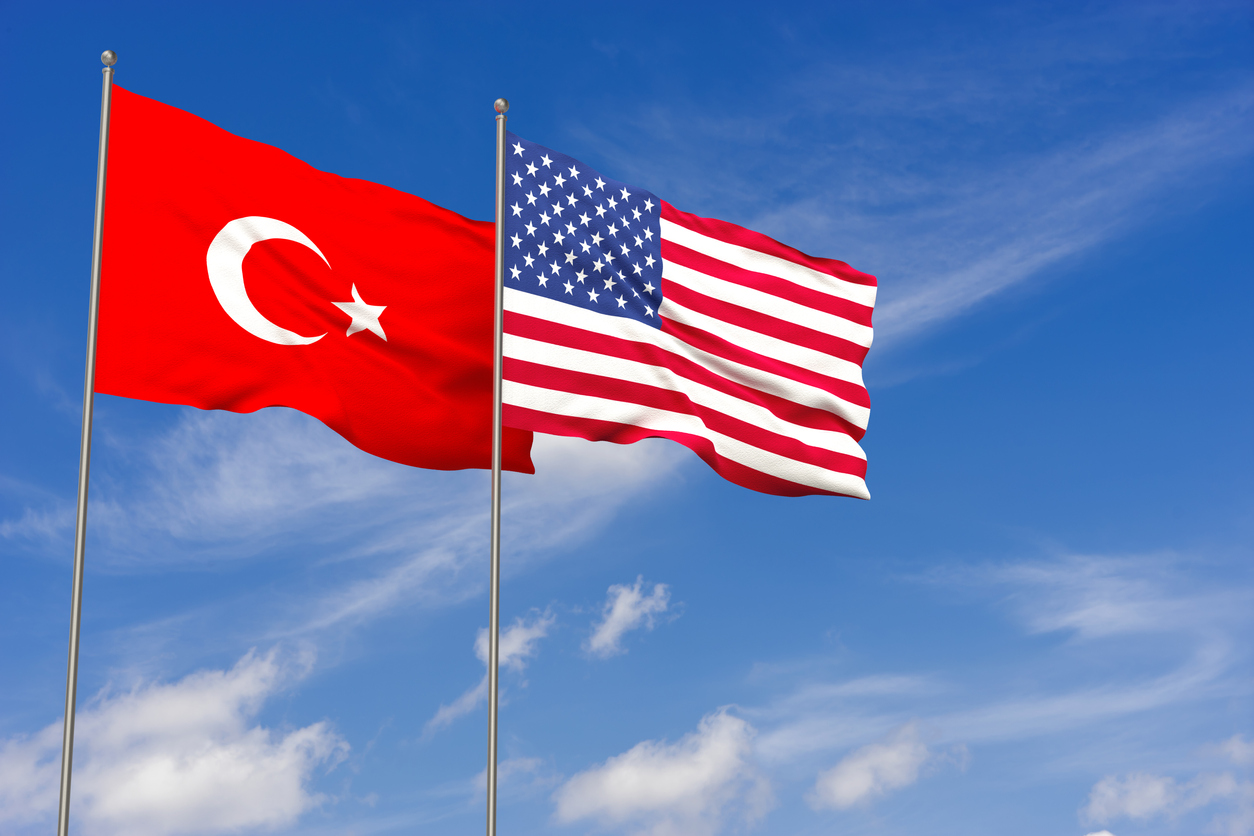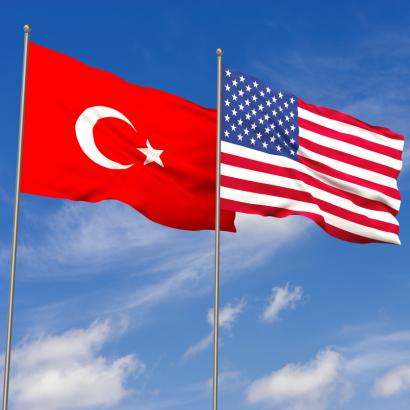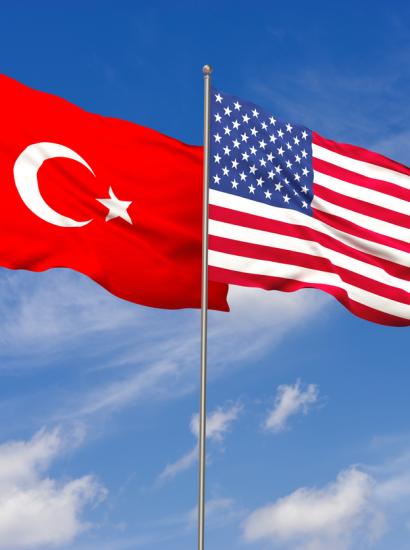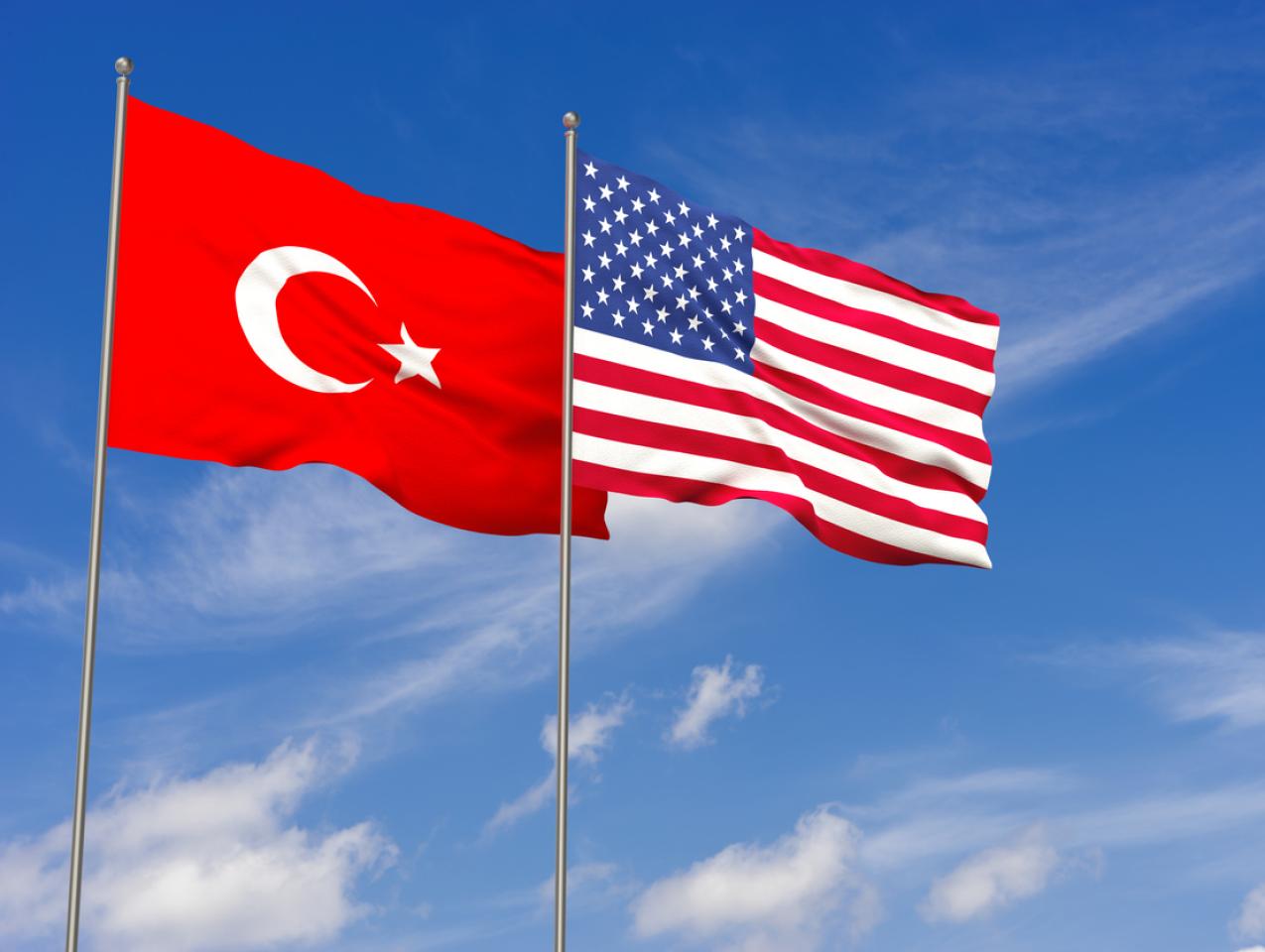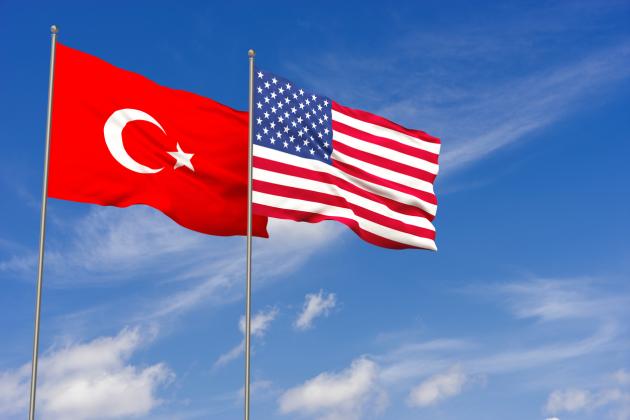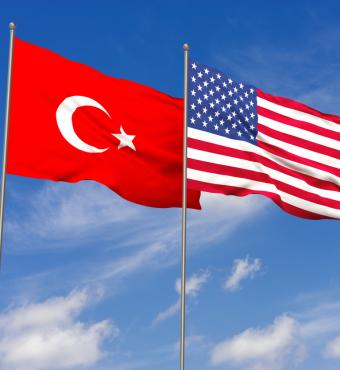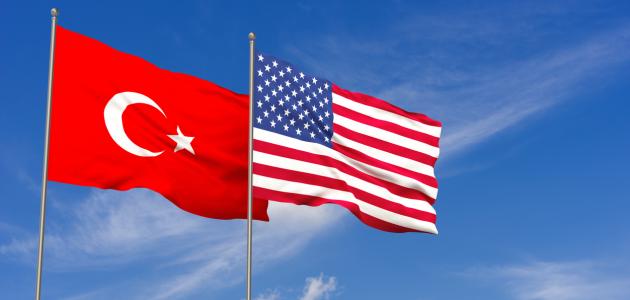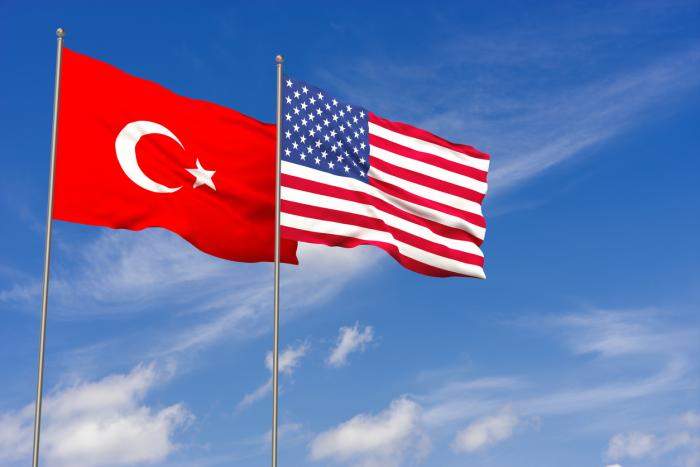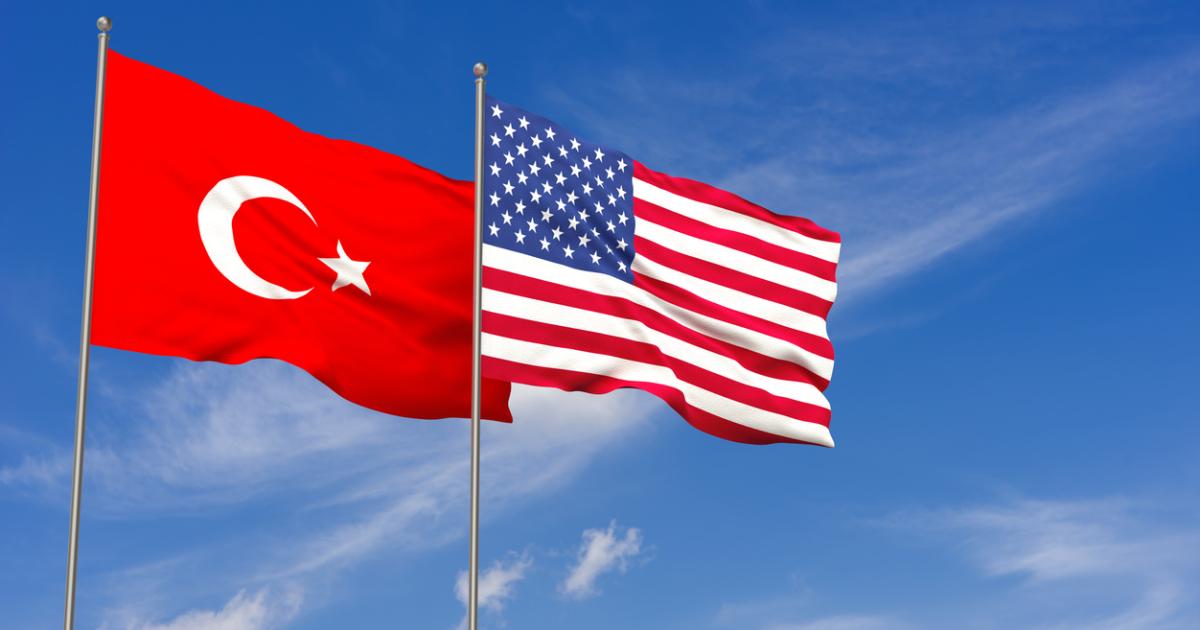- History
Turkish President Recep Tayyip Erdogan is now engineering a “pivot,” fast turning away from Russia and embracing Europe and America instead.
Turkey’s strongman leader, for instance, allowed Finland to join NATO, which occurred in April. Furthermore, he has just given his initial okay on membership for Sweden. That Scandinavian country probably will, despite some last-minute foot-dragging by Erdogan, become the alliance’s 32nd member by the end of the year.
Not long ago, Turkey was a NATO member in name only.
“Unfaithful ally” is how Senator Chris Van Hollen (D-MD) correctly characterized that country in early February.
Early this year, Erdogan was doing Vladimir Putin’s bidding by, most notably, blocking NATO expansion, vetoing the membership proposals of both Finland and Sweden.
Moreover, Erdogan had aided the Russian war effort in Ukraine by allowing Moscow to use Turkey as a conduit for the flow of goods, some of them sanctioned by NATO countries. Turkish companies had even sold, in violation of sanctions, products to Russia.
Ankara was also helping Putin finance his war with elevated commodity purchases. “Turkey has deepened its energy ties to Russia” with imports of crude oil, diesel fuel, and coal, the New York Times reported in early December. “Russian oil is increasingly being routed through Turkey,” the paper noted last December.
And then there was the S-400 purchase. Despite strenuous objections from Washington, Erdogan bought the surface-to-air missile system from Russia’s Rosoboronexport, taking delivery in 2019.
The Turkish leader had also allowed China, Russia’s friend, to take over critical infrastructure. In 2015, for instance, a Chinese consortium purchased 65% of Kumport, the country’s third-largest container operation, in the strategic city of Istanbul.
Erdogan, in sum, was closer to Russia and China than the United States and other NATO partners.
Yet Turkey remained in NATO, and most of the time the other members had found a way to work with Erdogan. It is not hard to see why: Turkey’s location was too strategic for the alliance to eject it.
Fortunately, Erdogan could often be talked into doing the right thing. Turkey, under intense pressure from both the United States and the European Union, in March began to block the transit of sanctioned goods to Russia. This development followed reports that Brian Nelson, the top U.S. Treasury sanctions official, met with Turkish counterparts the previous month in Ankara and Istanbul.
Moreover, the Turkish president dropped plans to deploy the S-400 missile system. The missiles and associated equipment are now in storage in Turkey. In a related development, Erdogan has not yet bought a second S-400 batch as he had apparently threatened to do.
What is Erdogan’s game? Since the beginning of the war in Ukraine, he has been generally successful in his “delicate balancing act” between Russia on one side and NATO partners and Ukraine on the other.
Turkey will always try to please everyone. There are signs, however, that Erdogan’s sly maneuvering, which has greatly aided Vladimir Putin, is “increasingly untenable.” The Turkish strongman’s recent tilt to the West is evidence that he understands that Putin cannot be his long-term partner.
Erdogan’s fundamental problem has been his struggling economy. Energy is now at the top of his economic agenda. Ankara is developing Black Sea gas fields but the country also needs a gas pipeline from Israel. Israeli Prime Minister Benjamin Netanyahu is now considering whether to greenlight the project, so Washington can lessen Ankara’s dependence on Russian energy by getting Israel to give the go-ahead.
There is something else the West can do. It is significant Erdogan has just renewed efforts to join the EU. It was the EU’s suspension and freezing of Turkey’s membership application last decade that set him looking for help elsewhere.
“Loyalty runs both ways,” says Jonathan Bass of InfraGolbal Partners to Strategika, pointing out that the EU’s rejection of Turkey’s membership had scarred Ankara’s relationship with the West. As Bass, an energy consultant working for Turkish parties, says, Washington and Brussels should cement ties with Erdogan. “Turkey is now open for business, especially American business and especially manufacturers, and this would be a particularly good time to forge commercial links.”
Yes, it would not hurt to give Turkey reasons to be loyal to the West. The relationship is far too important for holding grudges, especially now that Erdogan is reconsidering his recent bad choices. Washington and Brussels can replace Turkey’s flows of cash and energy from Russia and China and make Erdogan see that his future does not lie to his north and east.
Erdogan has shown he is capable of changing friends quickly, so it’s best to not give him reasons to move away from the West once more.







